How To Make Pork Confit And French-Style Rillettes
Views: 93
Rillettes and pork confit are quintessential examples of authentic French Grand-Mère cuisine. Don’t let the fancy name fool you; it just means traditional French home cooking. What’s appealing about this style of cooking is its ease. Making pork confit, for example, requires patience, not constant attention. Once the diced pork is in the oven, you’re free for at least 4 hours. Take a shower, go for a walk, or do whatever you please. Pork rillettes preserve involves a bit more effort, but it’s still a straightforward and easy method to preserve meat.
Our pork confit and rillettes recipe is a humble homage to the kitchens that have inspired generations. We invite you to savor not just a delicious preserve but a connection to a rich culinary heritage.
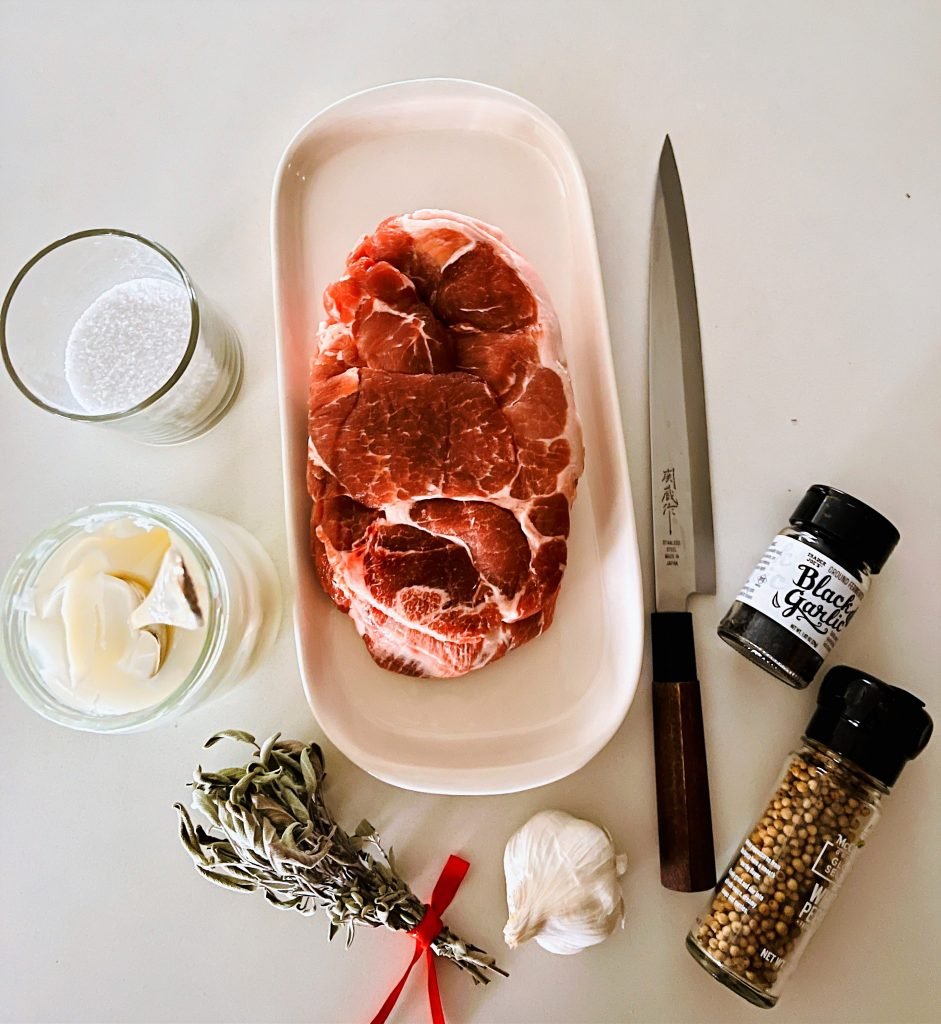
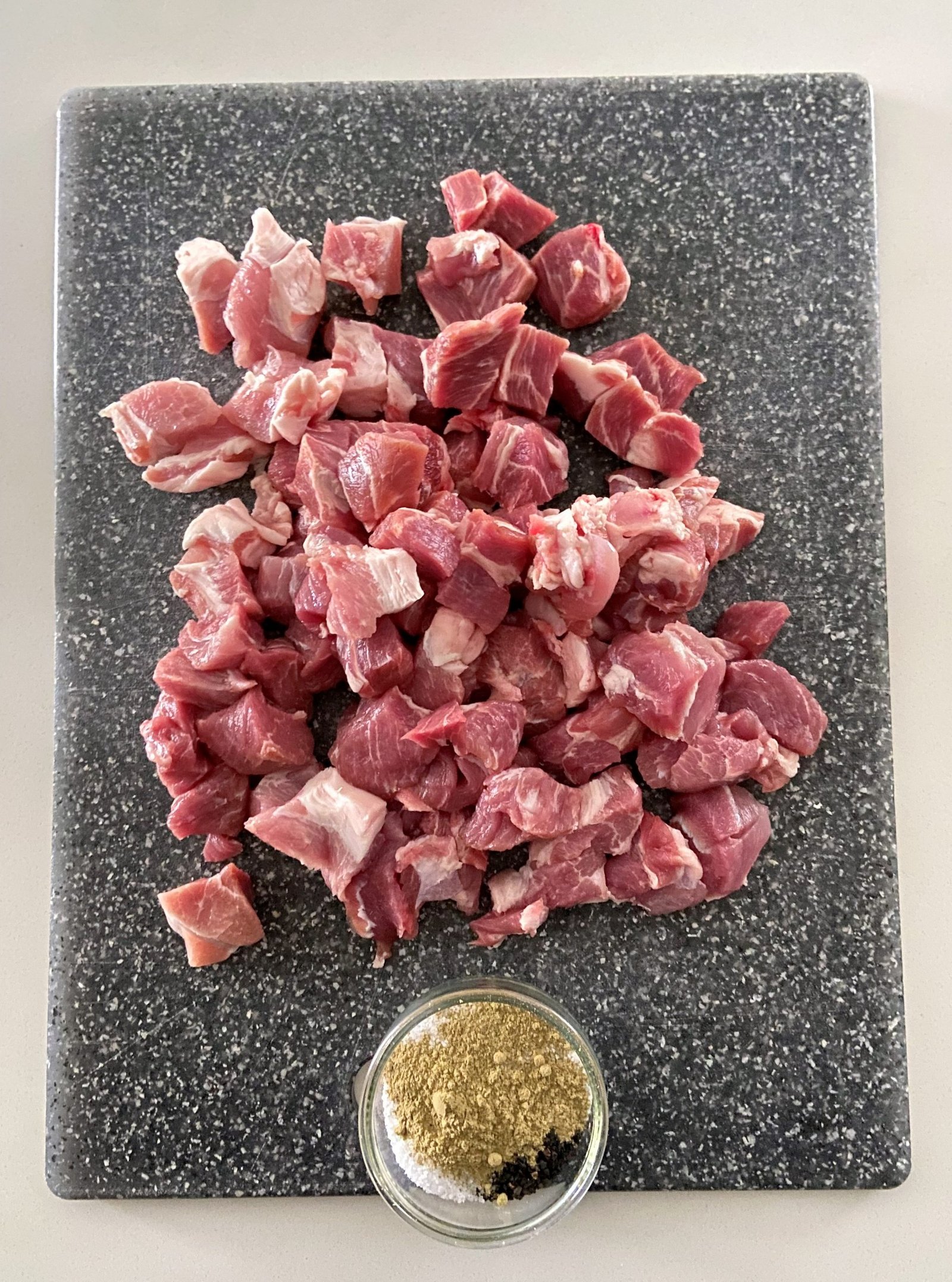
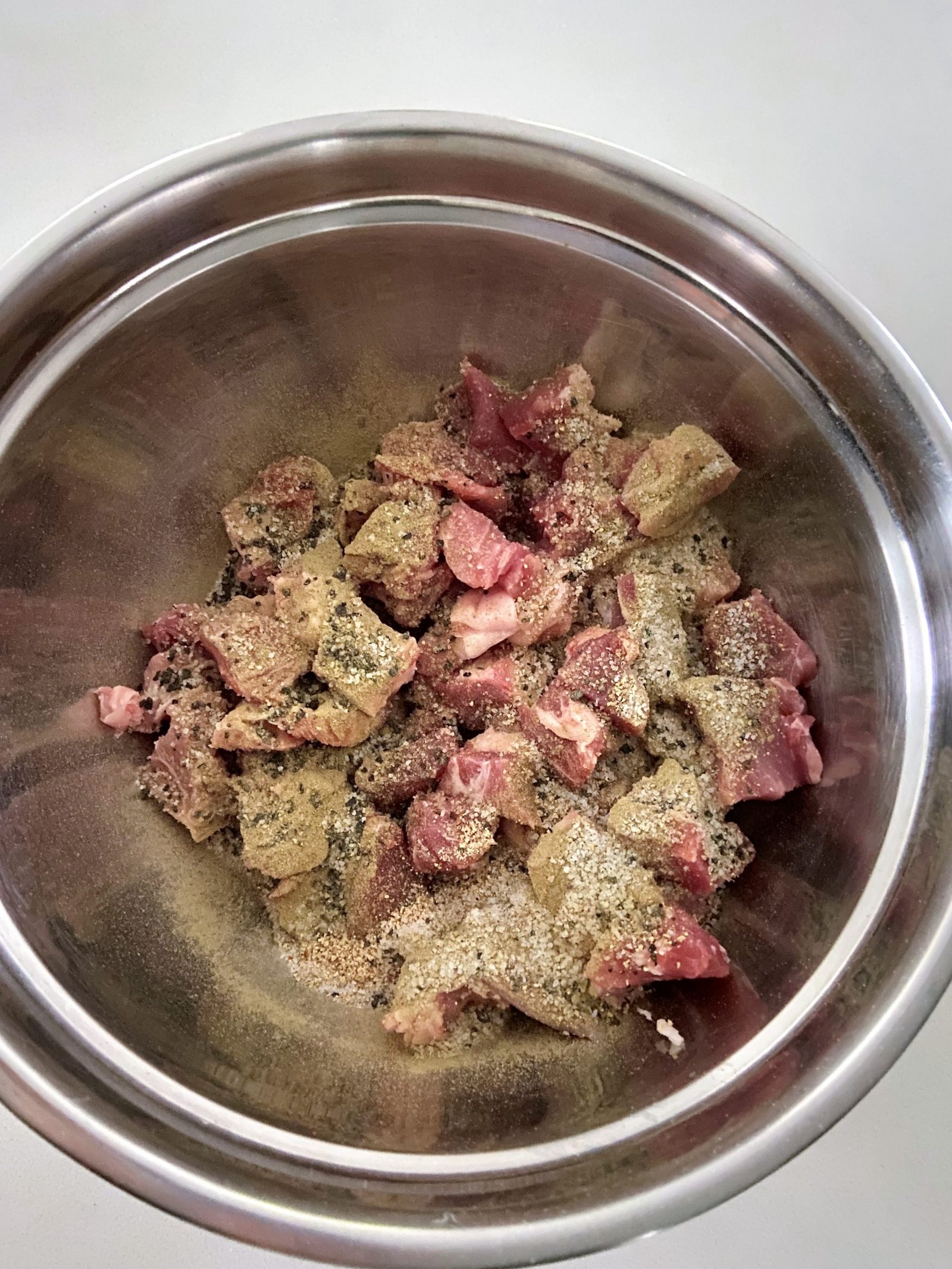
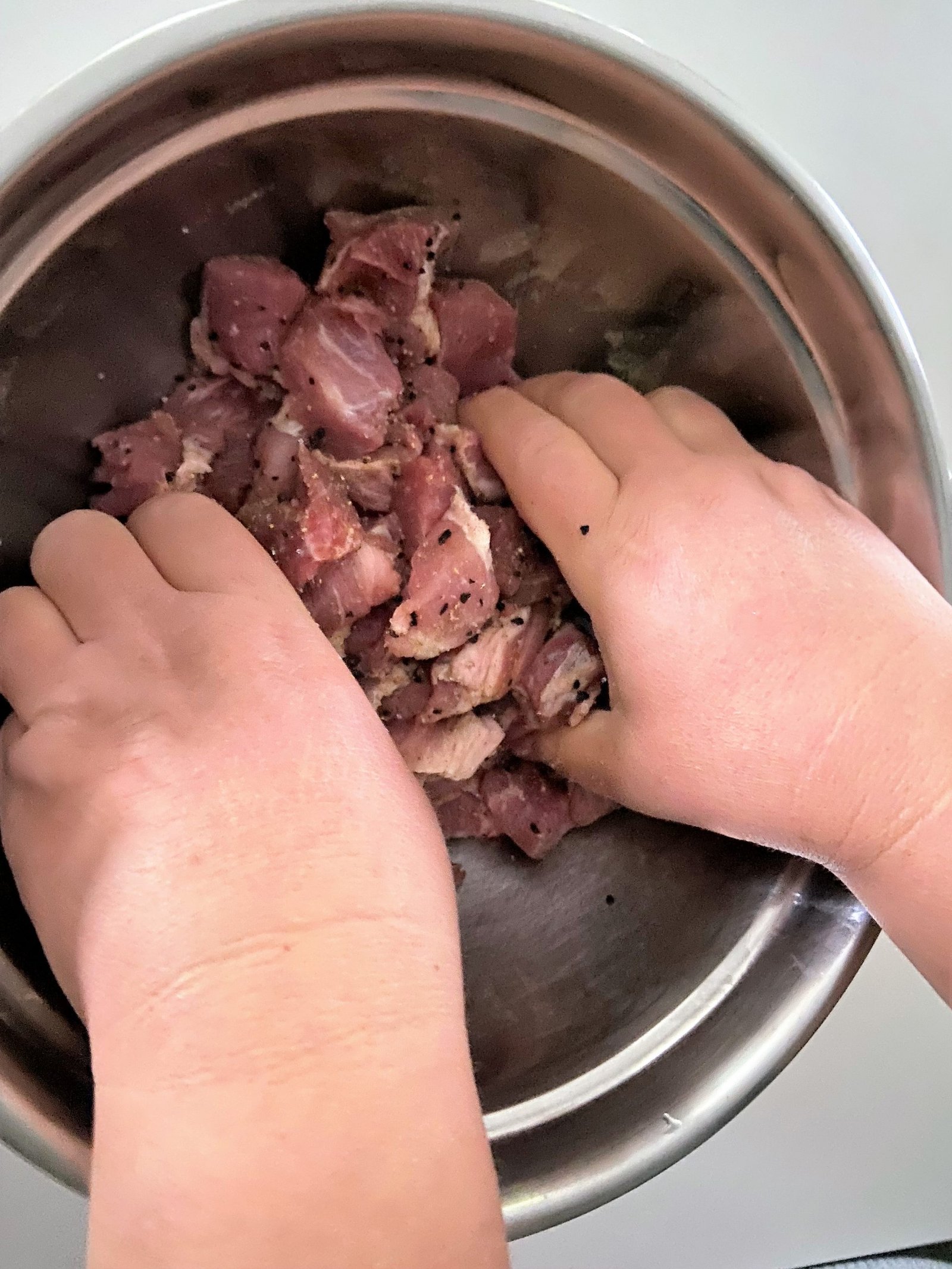
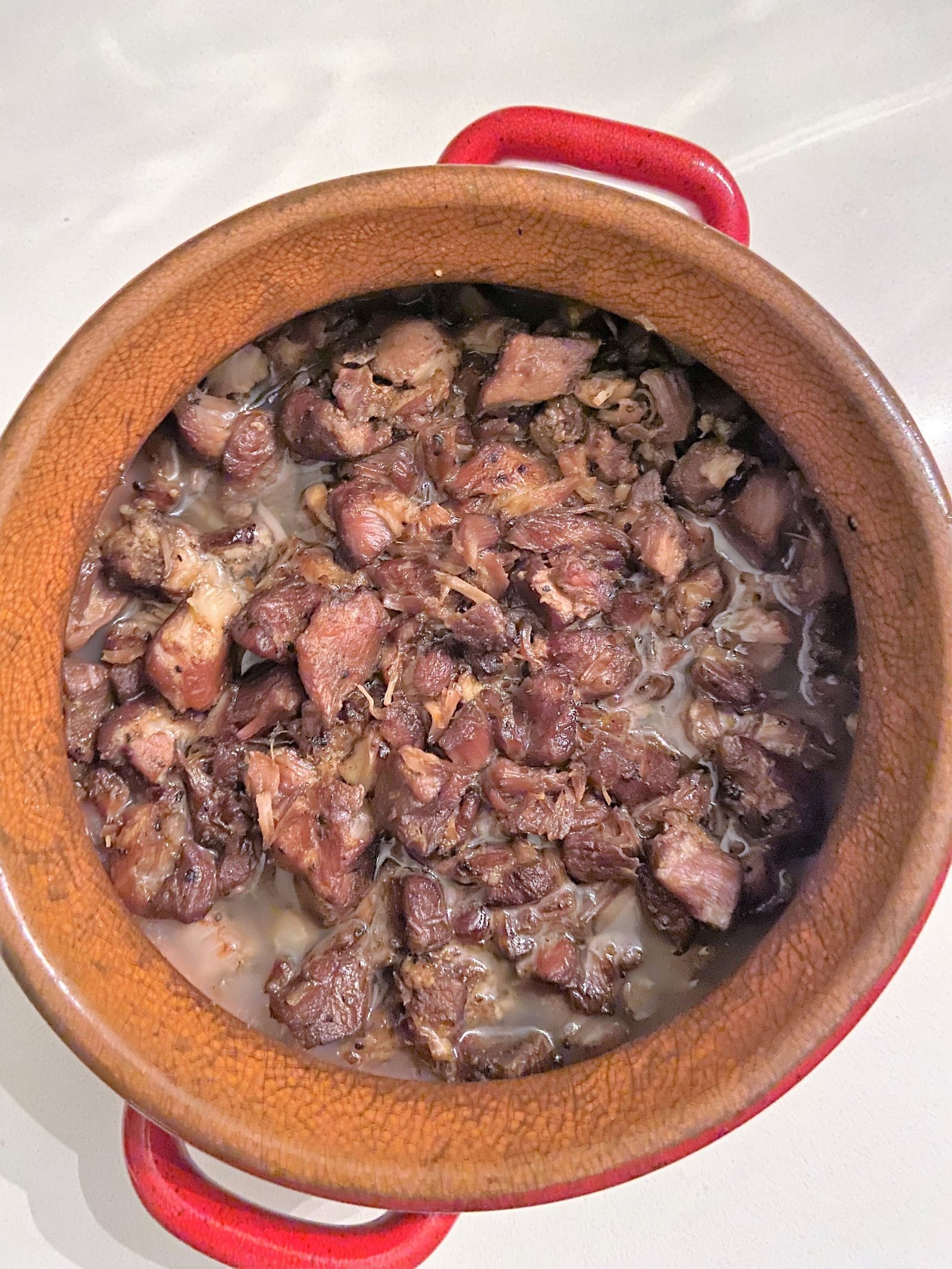
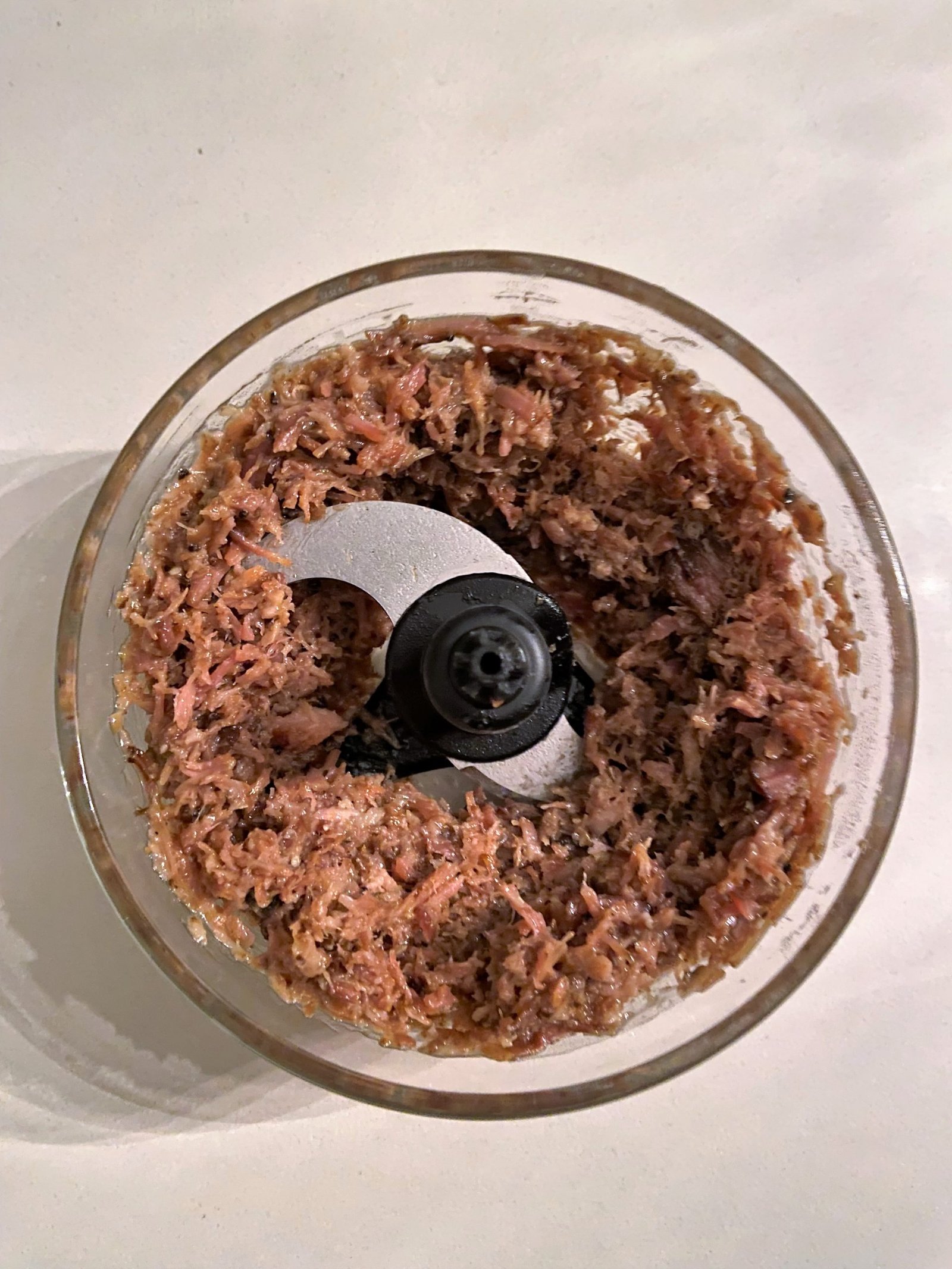
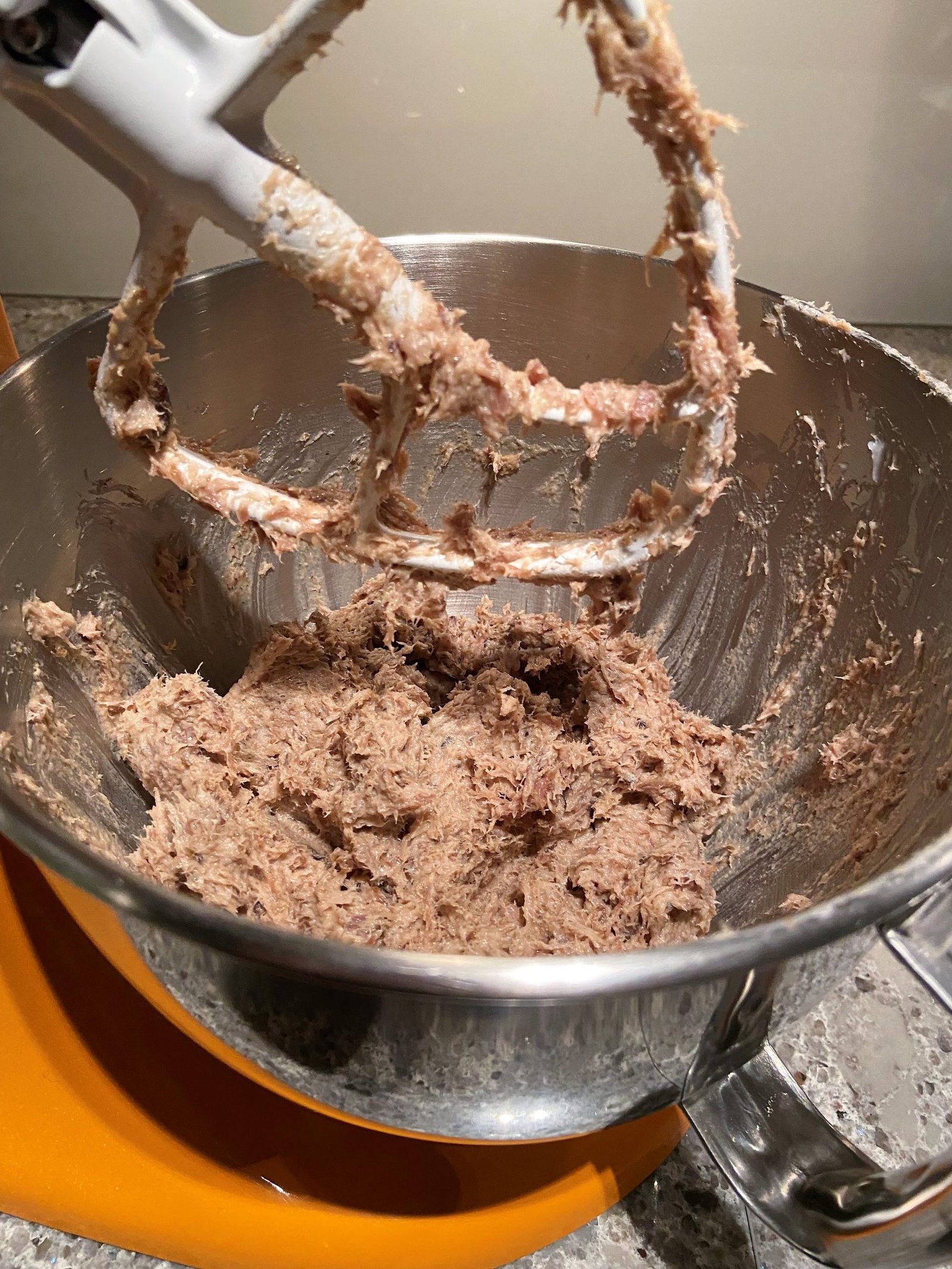
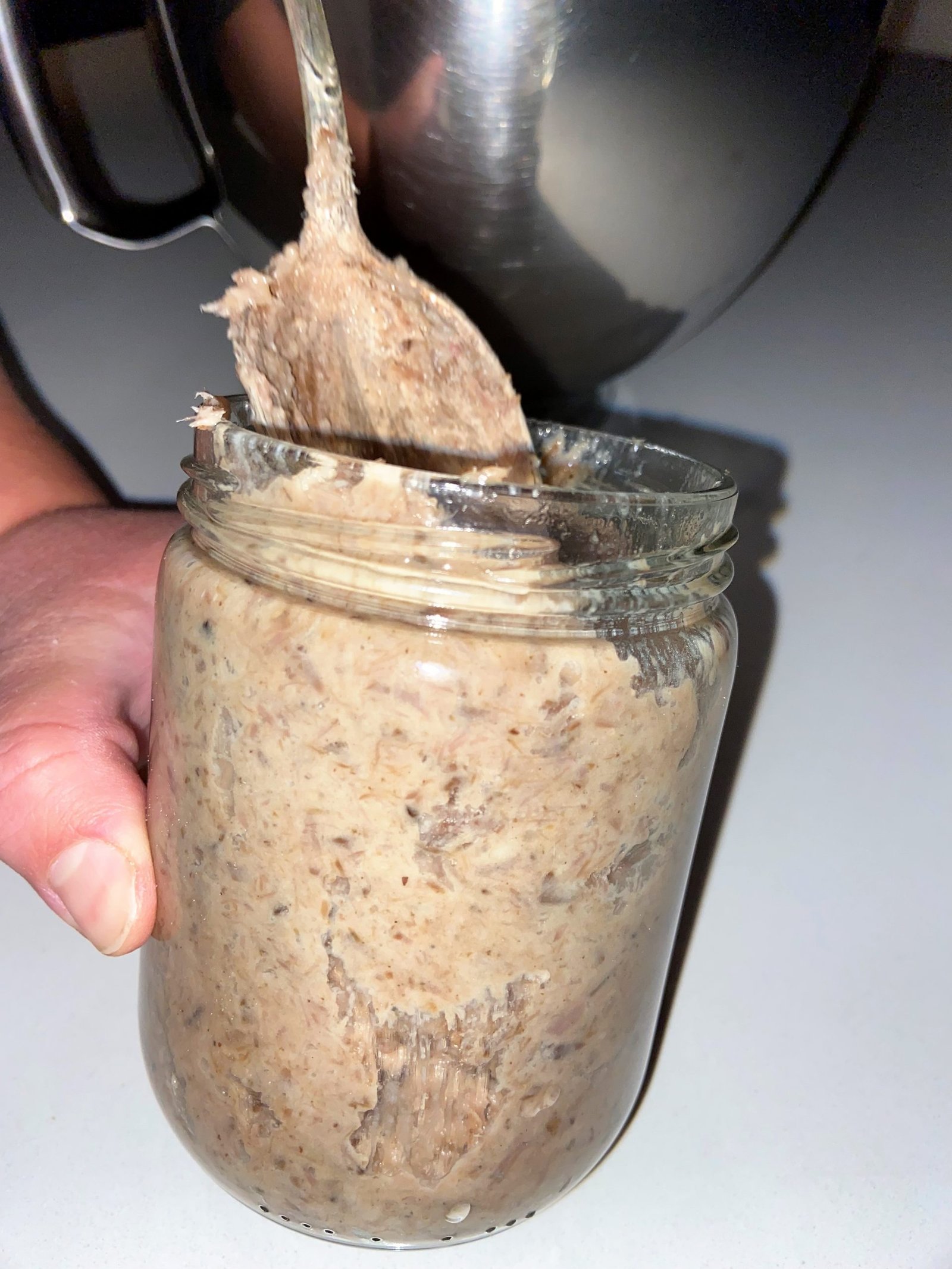
Classic French Pork Confit Spread (Rillettes de Porc)
Ingredients
- 2 ½ lb pork shoulder 1 kg
- 16 oz pork lard 500 ml (see homemade lard recipe below)
- 4 large garlic cloves
- 1 tbsp. ground sage preferably freshly ground
- 1 tbsp. black garlic granules or substitute with regular garlic powder
- 2 tbsp. salt
- 1 ½ tbsp. freshly ground white pepper
Instructions
Prepare pork for slow cooking:
- Cube pork shoulder
- Grind dry sage into powder
- Mix sage, salt, black garlic and white pepper
- Peel garlic and crush it using your knife.
- Combine pork with crushed garlic and spices in a large mixing bowl. Cover and refrigerate for 24 hours.
Making pork confit:
- Preheat the oven to 200 F (93 C)
- Start by melting about ½ of lard
- Place the cubed pork into a Dutch oven or casserole that’s slightly larger than the amount of meat you have. Mix melted lard with the cubed pork shoulder.
- Cover the casserole pot, transfer it to the oven, and cook until the pork is meltingly tender. This will likely take 5 1/2 to 6 hours, but start checking after 4 hours.
- Remove the pot from the oven and let the pork confit cool to room temperature.
Making pork rillettes:
- Bring the remaining lard to the room temperature. Reserve about 2 tbsp. of lard to melt and film the finished pork rillettes.
- Discard any gelatinous leftover from the cooked pork confit
- Place pork confit into a food processor and lightly pulse to shred the meat
- Remove the shredded pork into a mixer. With your mixer running at low speed start adding lard spoon by spoon. To make a delicious tasting pork rillettes dish, ensure that each spoonful of lard is well incorporated before adding another spoonful.
- Once all the lard is incorporated into shredded pork confit, pack it into sterilized glass mason jars.
- Warm the reserved lard and pour it on top of the rillettes to seal the dish. This protects rillettes from oxidation and extends their shelf life. Prepared this way, rillettes can be safely kept in the fridge for up to 2 months and in the freezer for up to 2 years.
Yield
Frequently asked questions
Can I use pork butt or pork belly to make confit?
While we used pork shoulder in this meat confit recipe, you can successfully substitute it with pork butt. We have not tried using pork belly to make either rillettes or confit, however we are aware that a number of chefs recommend using it for rillettes. If you had success with turning pork belly into pork confit, leave us a comment and share your experience.
Can I store confit in a plastic container?
We strongly discourage the use of plastic containers for storing fatty dishes due to the potential risk of harmful elements leaching into the food. Plastic leaking can occur due to various factors, such as the type of plastic used, the temperature of the food, the duration of contact, and the presence of acidic or fatty substances in the food.
Can I substitute lard with something else?
Given that rillettes rely on animal fat as a preservative, the only viable substitutes for lard are duck fat or tallow. However, be mindful that opting for these alternatives will significantly alter the dish’s taste. As such, we advise against such substitutions to preserve the rillettes intended flavor.
How long will pork confit last if I don’t turn it into rillettes?
If you choose not to process pork confit into rillettes, it can still last in the fridge for approximately 3-4 days. Submerging it in lard may potentially extend its shelf life even longer.
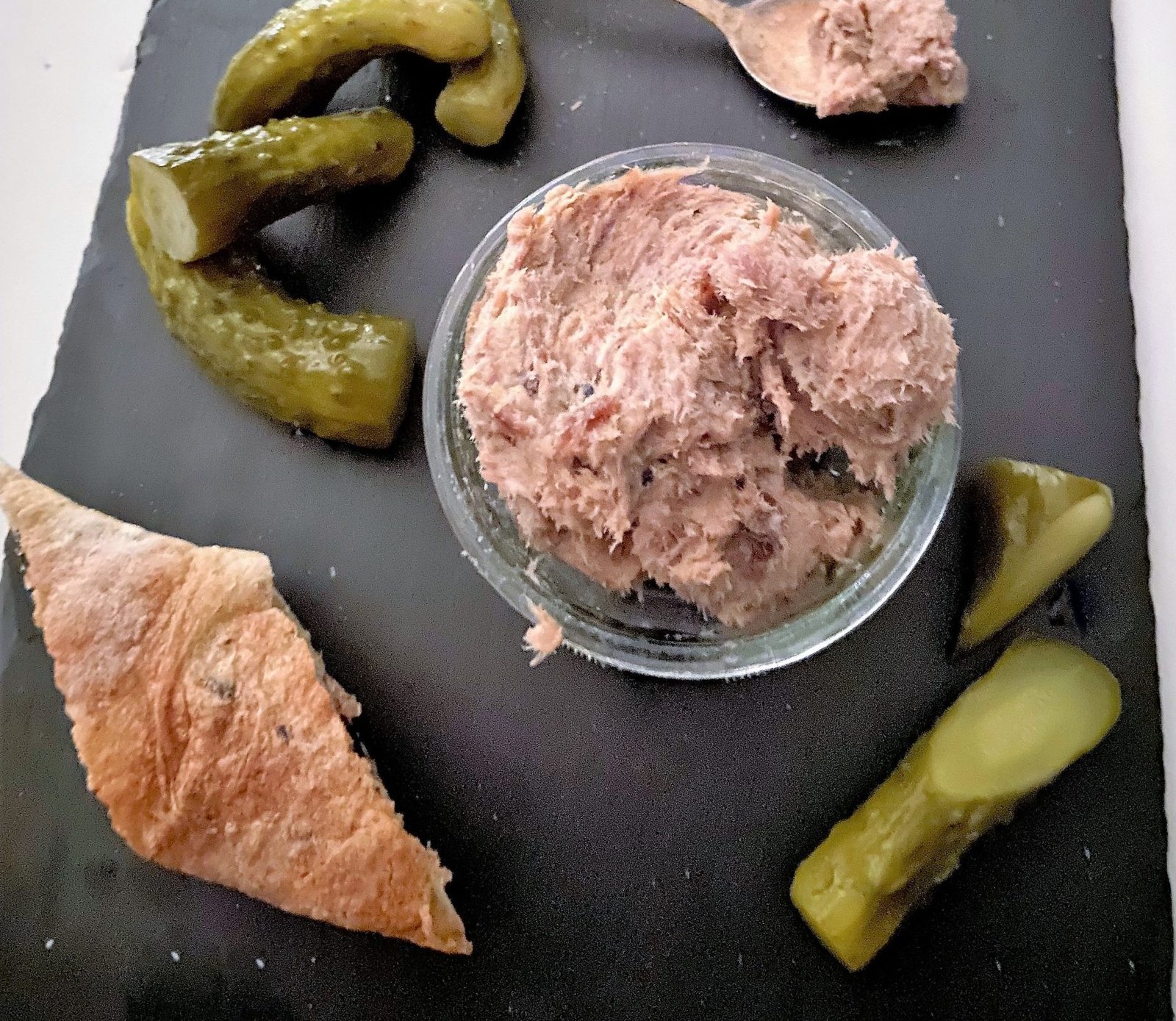
How to serve pork rillettes?
- Firstly, you must allow the rillettes to come to room temperature before serving. Secondly, provide an array of accompaniments to complement the rillettes.
- Classic choices include crusty bread and cornichons. However, you can easily substitute these with pickles or pickled onions and shallots. Lastly, pair it with some light red wine!
- Pork rillettes make a great addition to a charcuterie board. Alternatively, let this preserve shine as a solo star and serve it as an appetizer.
Related recipes:
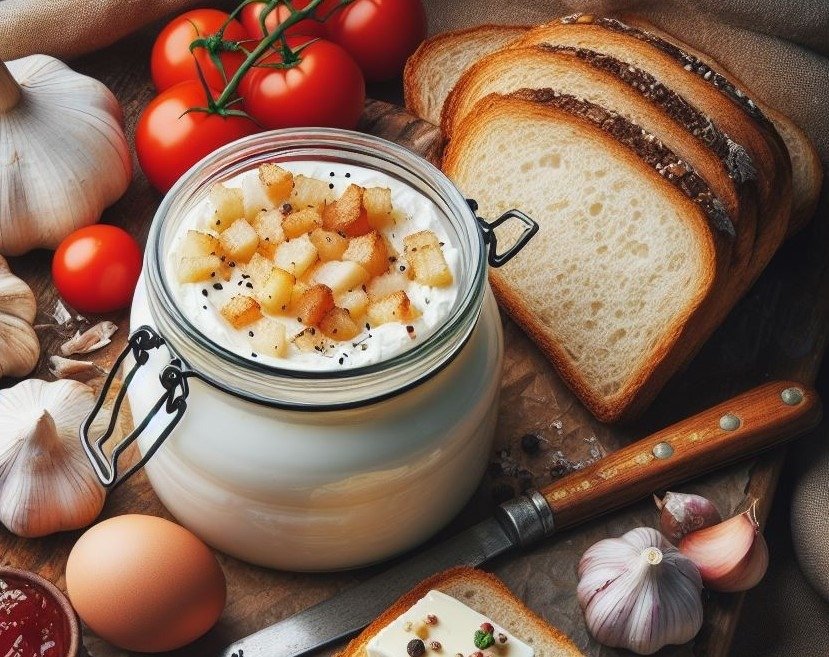
How To Make And Preserve Pork Lard And Lard Cracklings
Here it is! The most decadent and simplest pork preserve recipe ever! Featuring a slab of pork shoulder slowly cooked in a warm blanket of pork lard, then shredded and preserved in even more lard. The result is the most tender and flavorful meat you’ve ever tried.

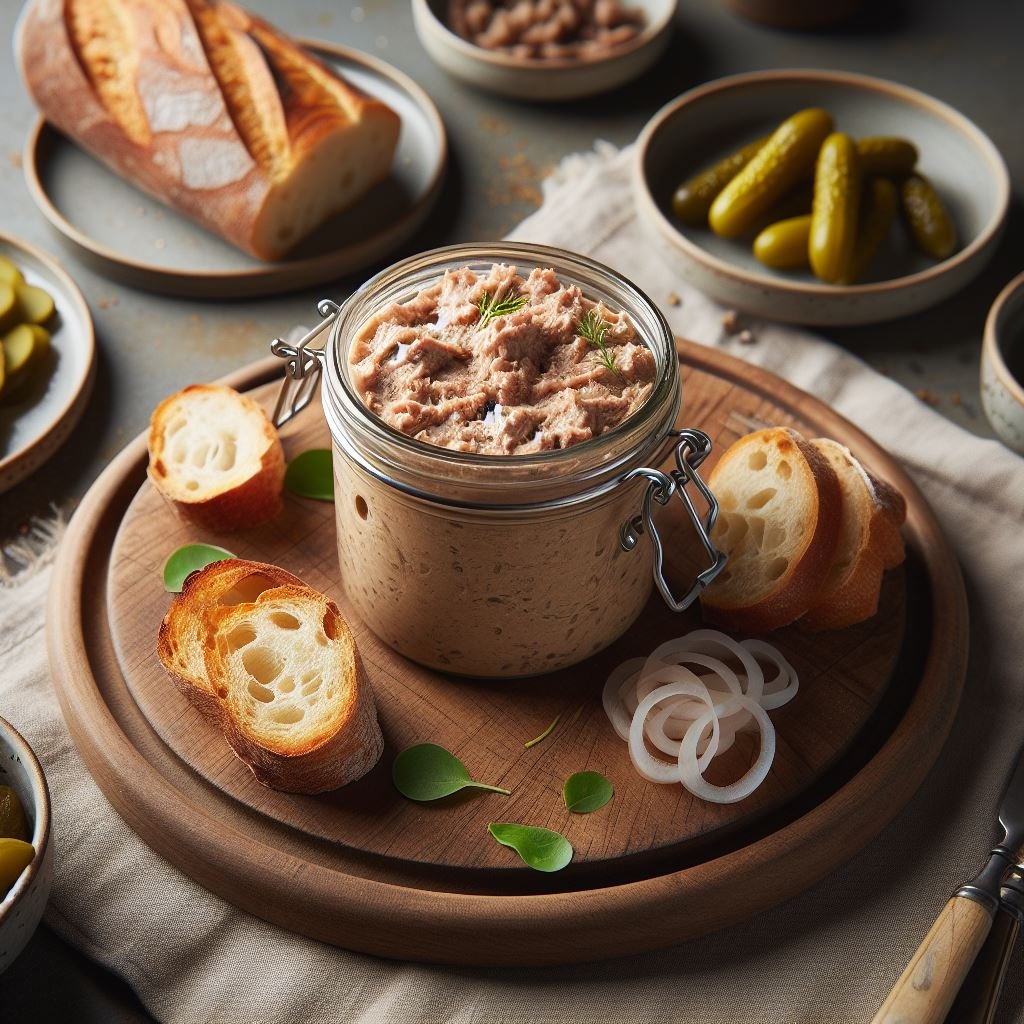

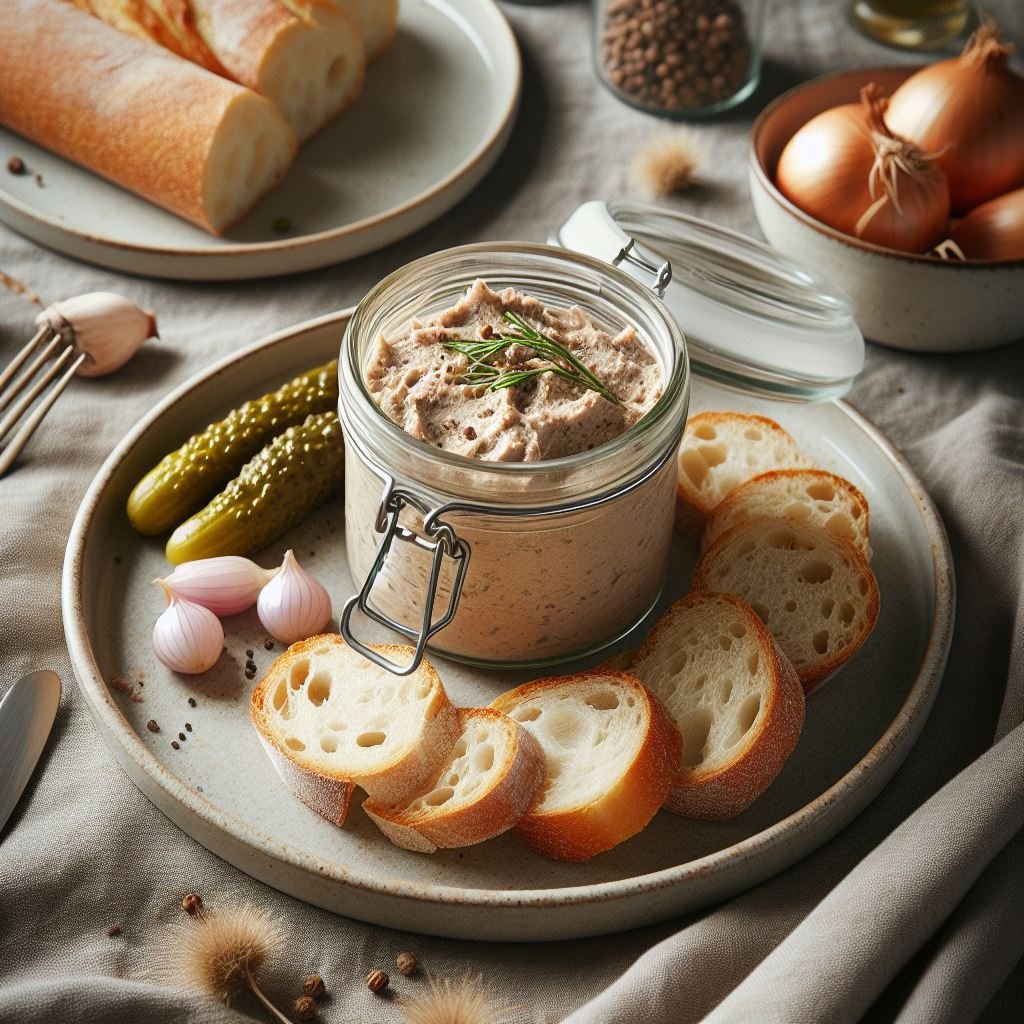


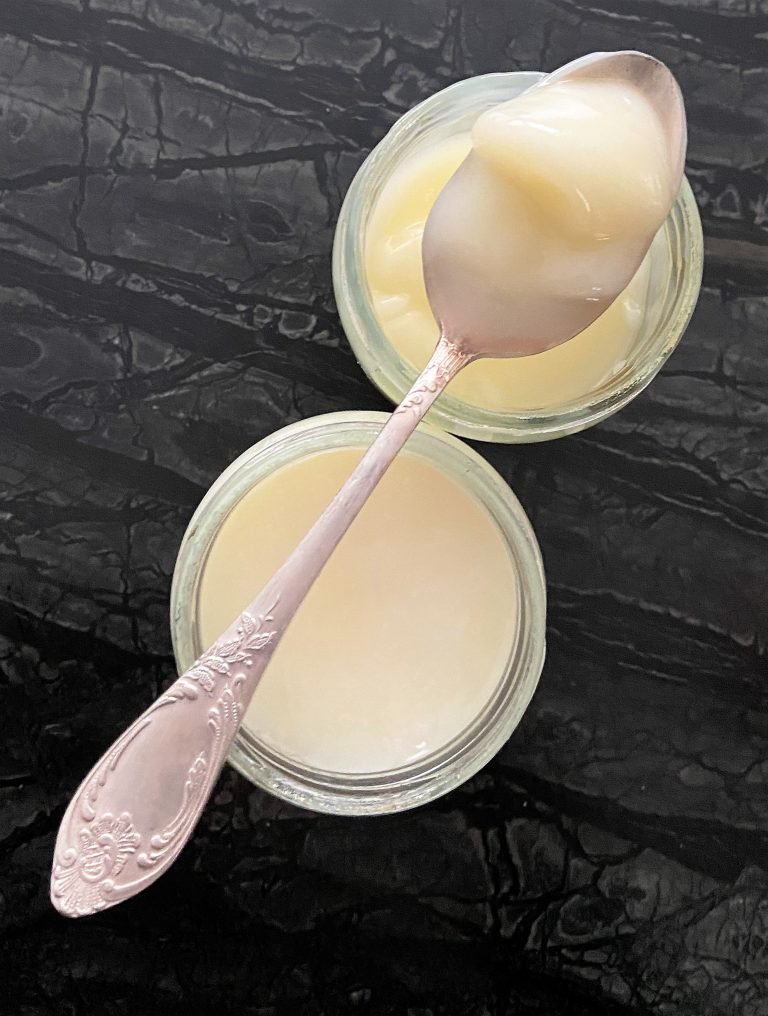

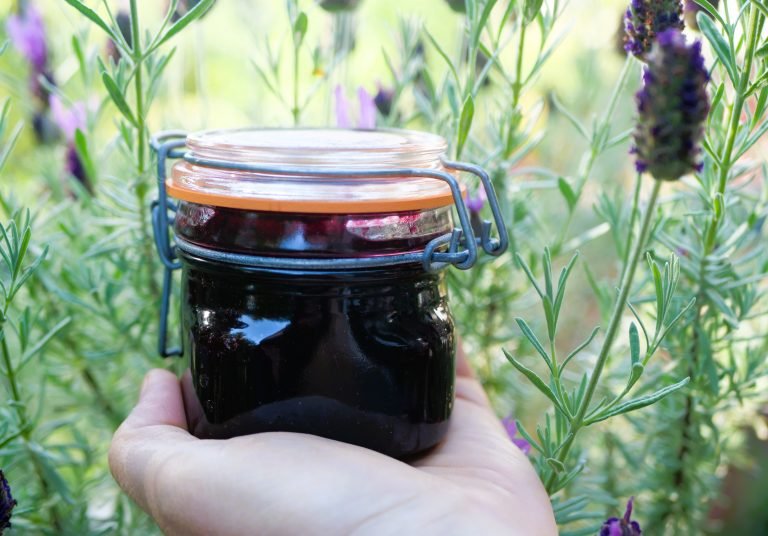
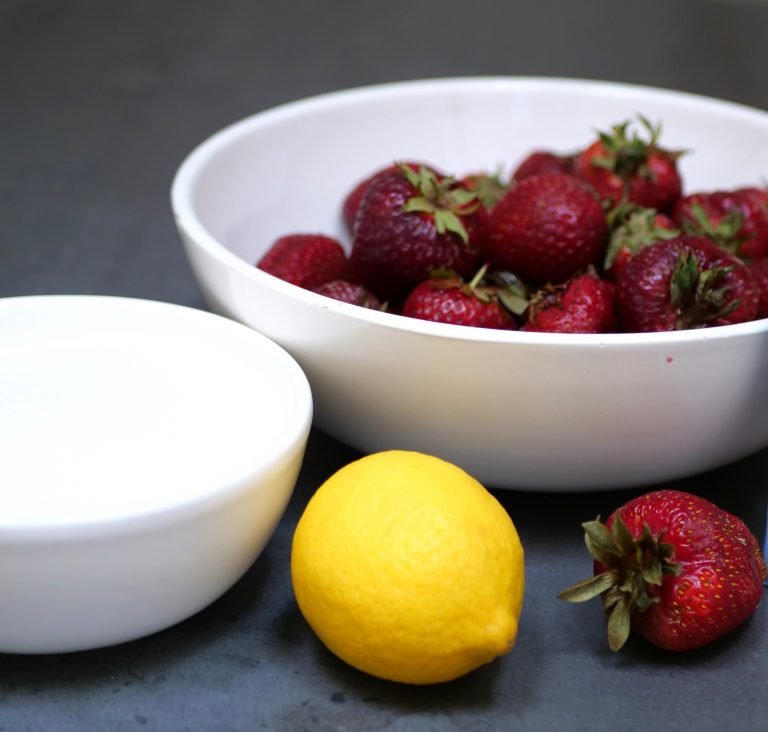
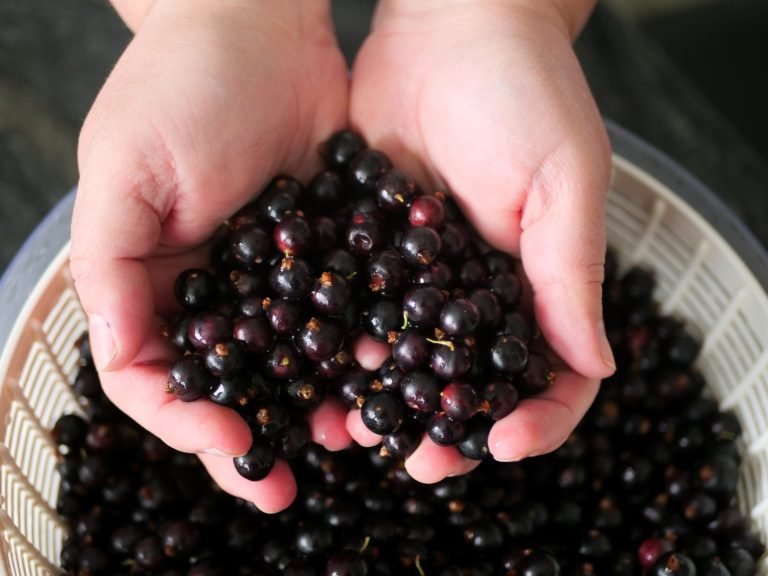
Leave a Reply